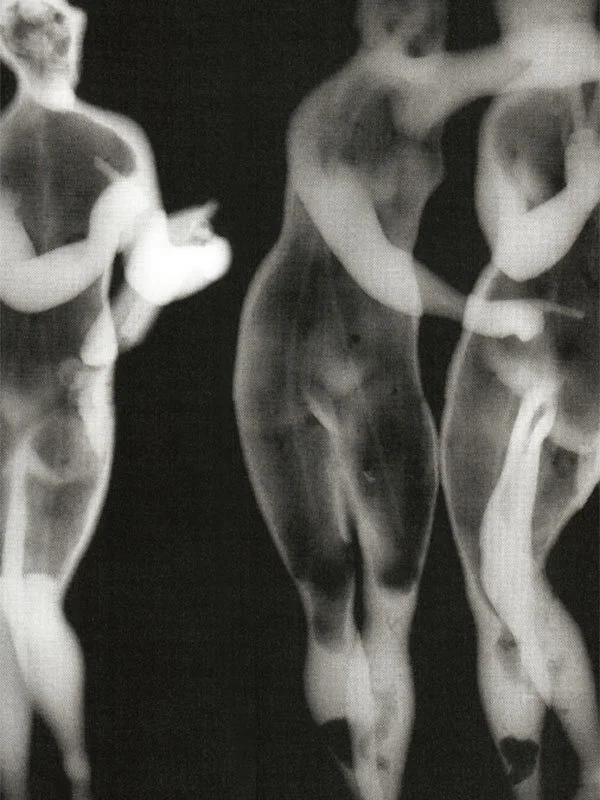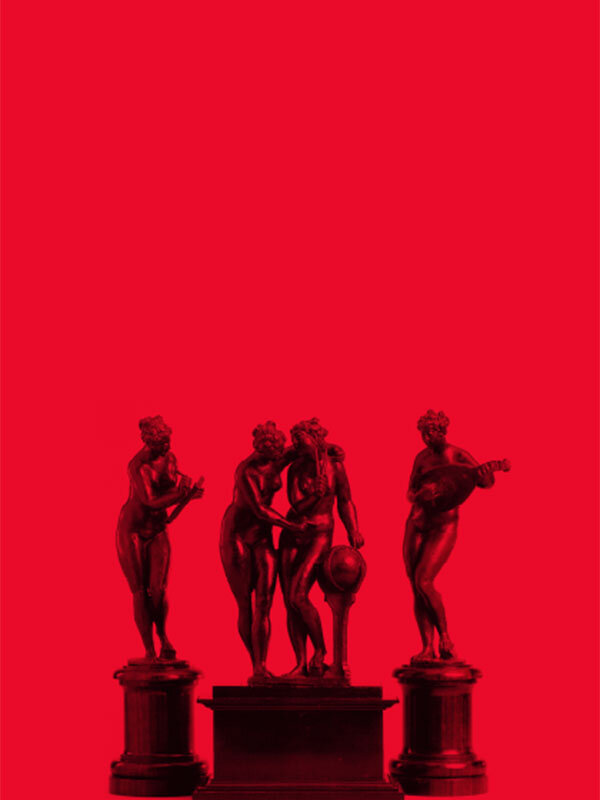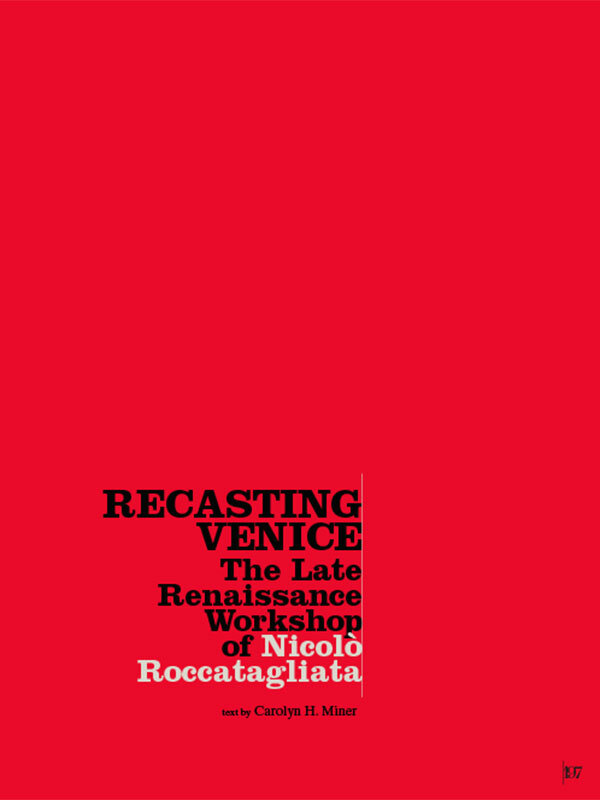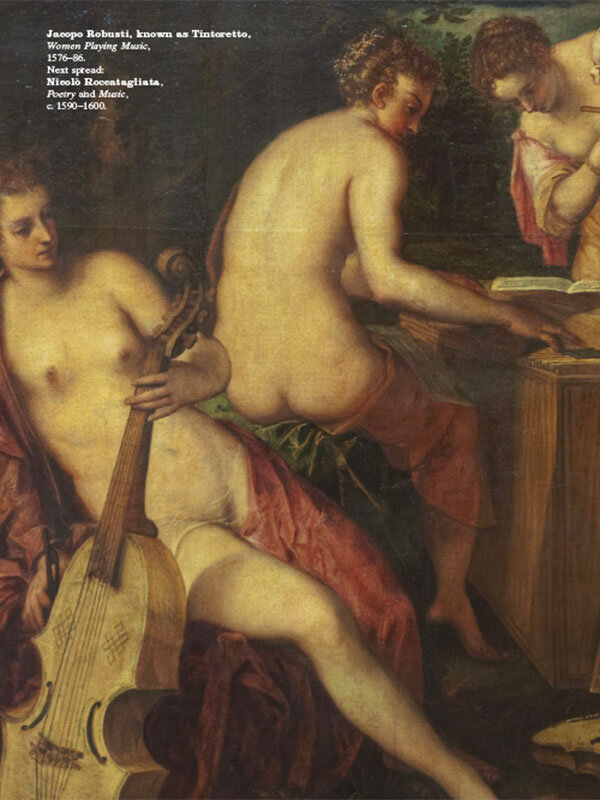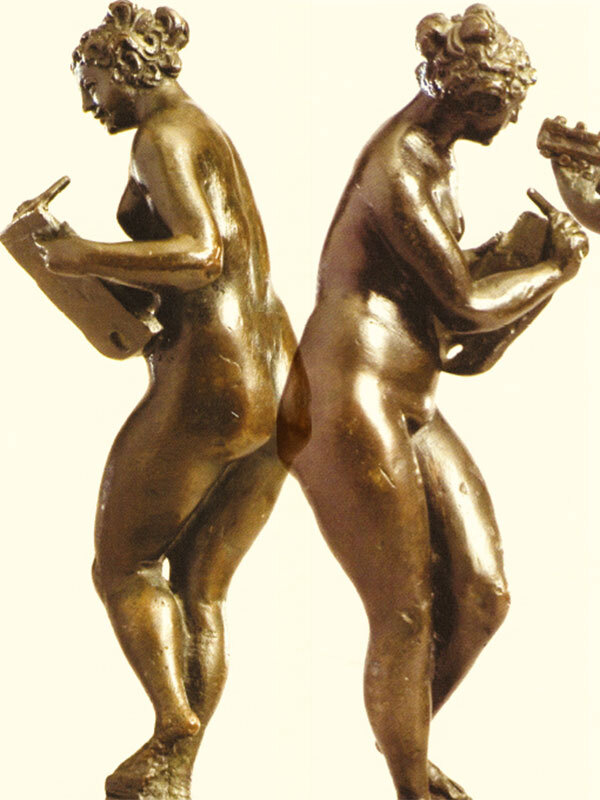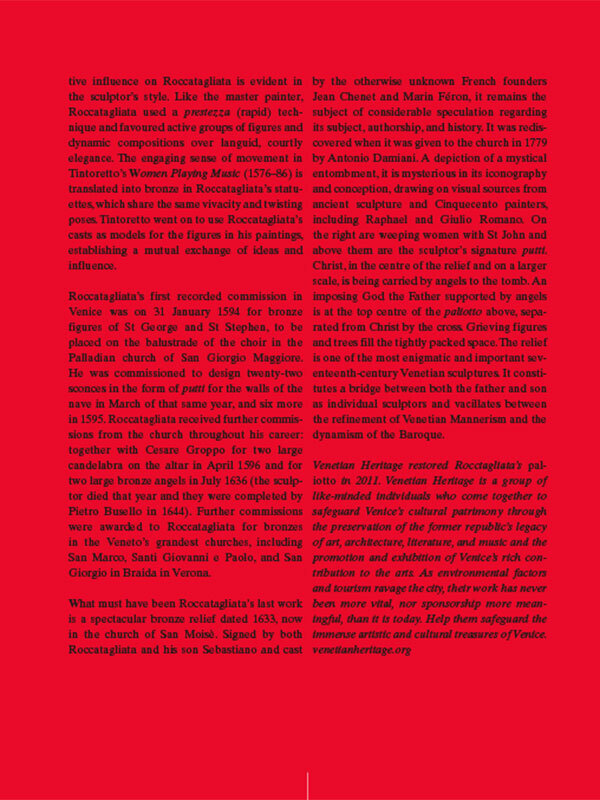Vol. 2
Recasting Venice
the late renaissance workshop of Nicolò Roccatagliata
text by Carolyn H. Miner
Bronze was an essential material to the culture and identity of Renaissance Venice. There is no body of work that better illustrates the significance of the material in Venice during this time than the oeuvre of Nicolò Roccatagliata (c. 1560–1636), his son, and their workshop. In a city noted for its artistic ingenuity and commercial and military prowess, bronze was simultaneously the preferred medium of master sculptors for large-scale commissions and of the city’s formidable navy for the production of artillery. The same foundries that cast grand sculptures for wealthy patrons also cast utilitarian objects for civic and military use, collapsing the distinctions between fine and decorative art, and between founder and artist. The industriousness of the seafaring republic, with its mercantile activities in silk-weaving, glass, shipbuilding, and the production of armaments, led to extraordinary creativity in artistic and military production, and Roccatagliata was engaged in both spheres.

